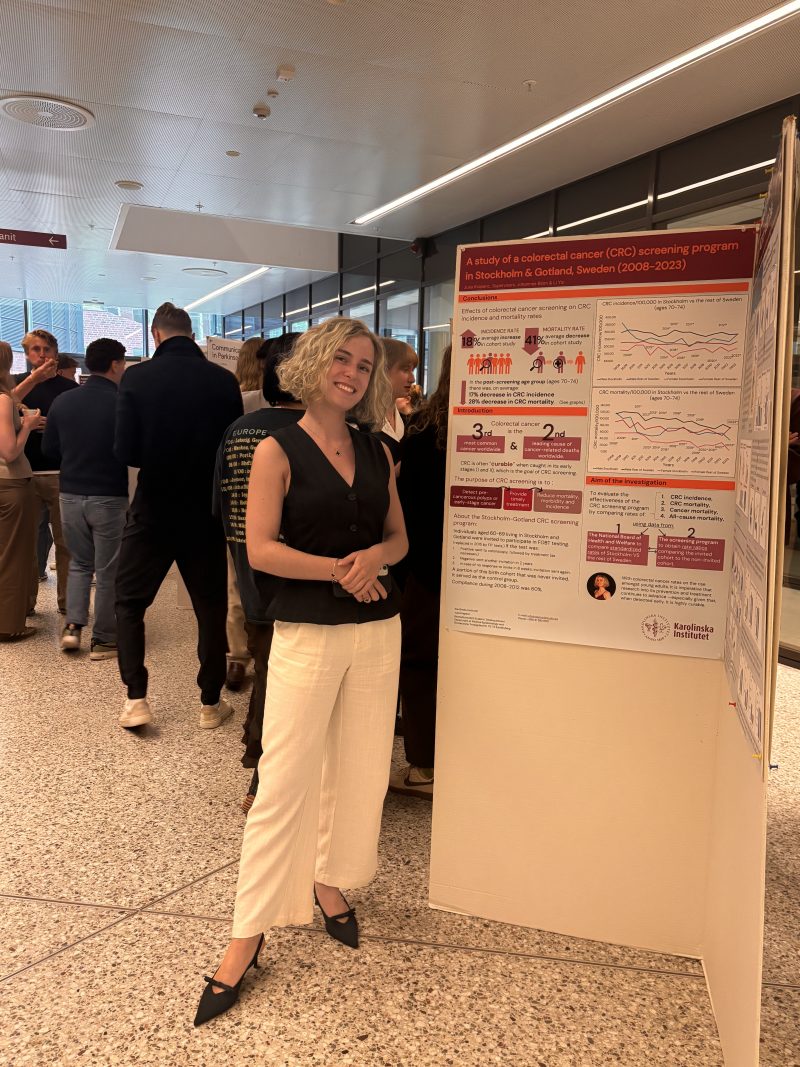
KI Summer School in Medical Research (KISS): My Experience & What You Should Know
This summer I had the opportunity to attend the KI Summer School in Medical Research, abbreviated as “KISS.” In this blog I’ll explain what the program is, how it works, and share what my experience was like!
What is KISS?
Is it just a bunch of lectures all summer? Absolutely not. The KI summer school is meant to give you insight into the world of research. Instead of lectures, you gain hands-on experience of what it’s like being a researcher by working on a 6-week project of your own choice. At the end you present your findings as a poster, presentation and a report.
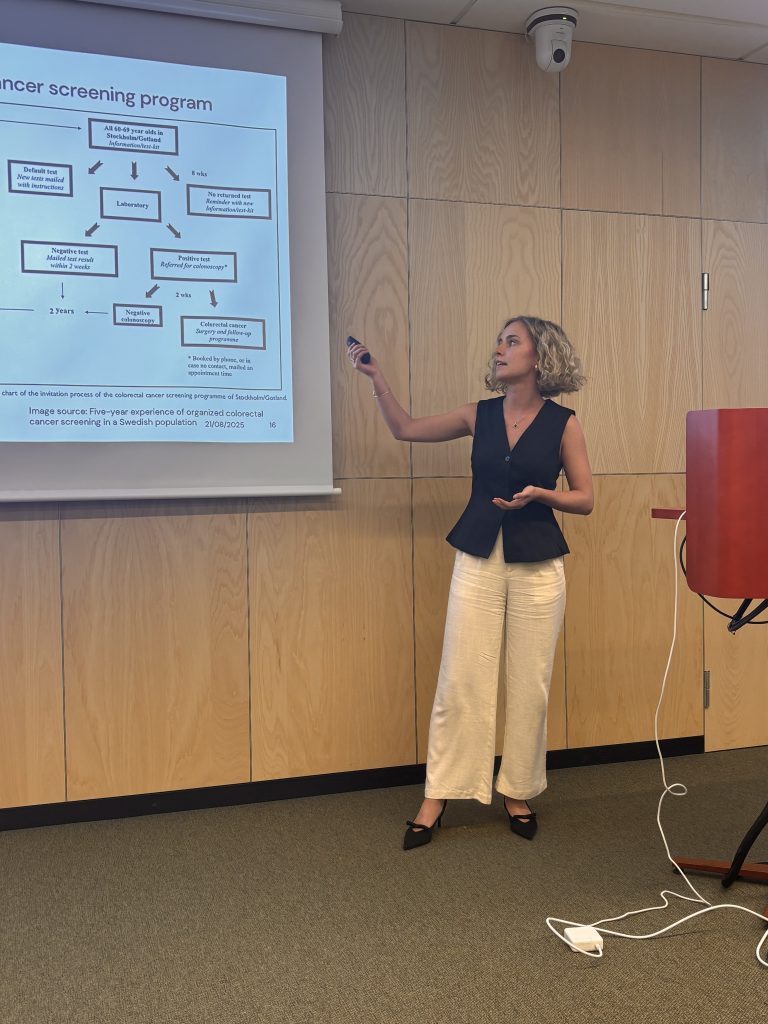
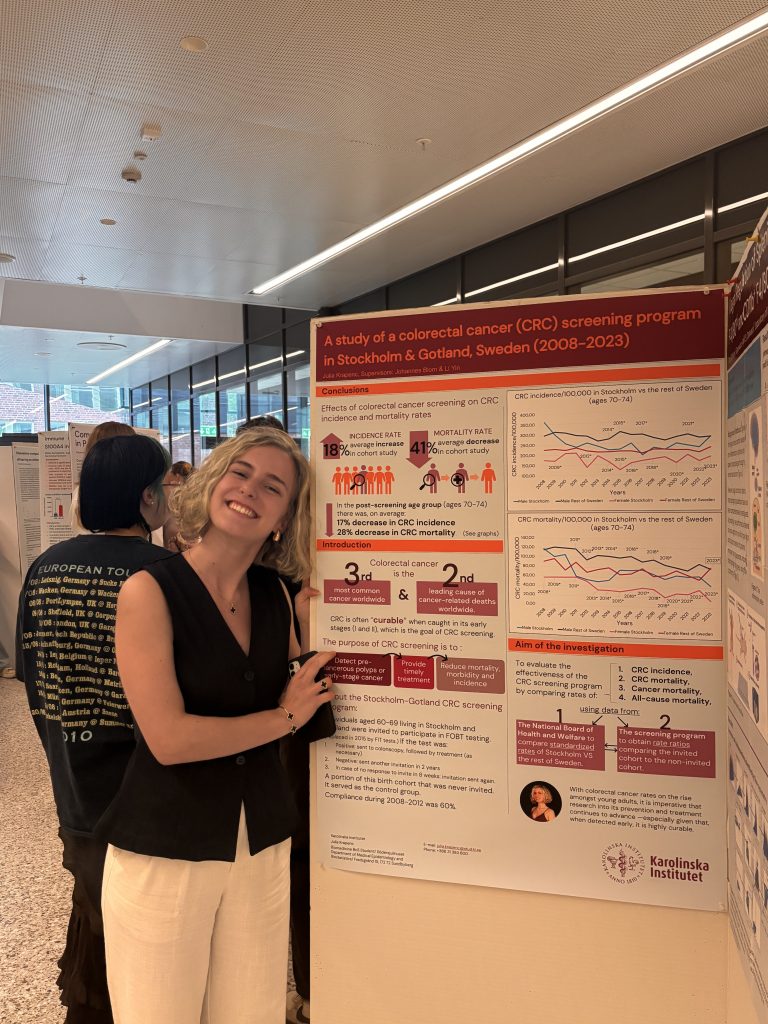
For more information about KISS, visit their website: KI Summer School in Medical Research
Who can join?
Any undergraduate student at KI. This year’s cohort included students from a wide variety of programs— biomedicine, medicine, physiotherapy, dentistry and psychology. It was very interesting to hear all their presentations.
A project of my own choice!? What research teams can I join?
Well, how lucky are you to be at KI where you basically have an infinite amount of research teams to choose from! There are 21 departments and 800 research teams you can contact.
How hard is it to find a project supervisor?
I’d say it’s a medium level of challenging because of the following:
(+) You have 800 research groups to choose from (you’re guaranteed to find one that will accept you.)
(-) It’s summer, a lot of the lab personnel is on vacation, so it’s hard to find a supervisor that will be in Stockholm throughout your whole project
It’s just a matter of taking some time to write a bunch of emails.
My project
I contacted several labs, but in the end decided to work under the supervision of Johannes Blom, the leader of a colorectal cancer screening and prevention team at Karolinska Institutet and Södersjukhuset.
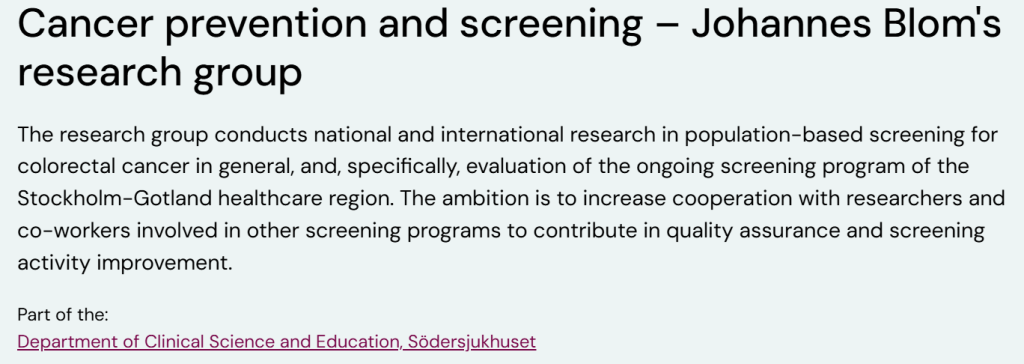
Over the course of my first year in the biomedicine program, I began to worryingly realise that I don’t see myself working in a lab setting in the future. So, this was an excellent opportunity for me to see that the biomedical degree doesn’t necessarily restrict you to wet-lab research– it opens the door to clinical research too!
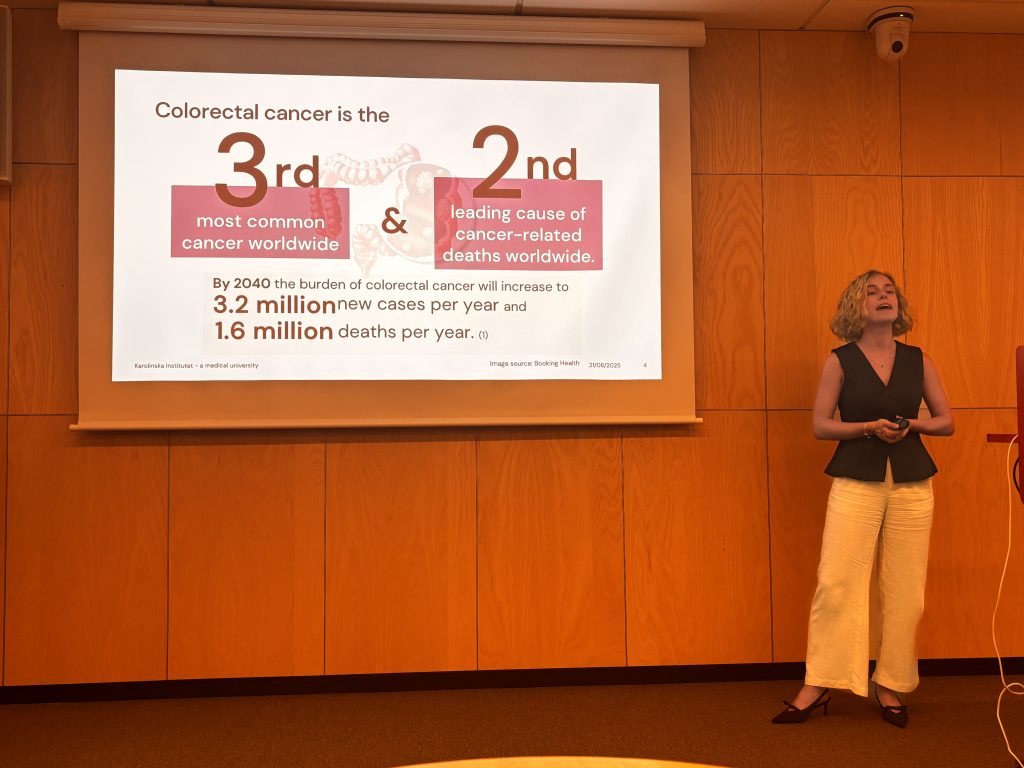
What I did and what I learned
I examined the effectiveness of a colorectal cancer screening program implemented in Stockholm and Gotland (2008-2023).
The effectiveness was evaluated by comparing screened and unscreened populations using standardized rates, and applying Poisson regression modeling to estimate rate ratios for key outcomes including colorectal cancer incidence, mortality, and all-cause mortality. I learned how very challenging it is to assess the true impact of a screening program, given the many variables that can influence outcomes.
Looking back at when I first met my supervisor (when I knew practically nothing about the screening program, how I’d evaluate it, the challenges of screening, etc) I can’t believe how much I’ve learned. Almost feel like a mini-expert in this area now.
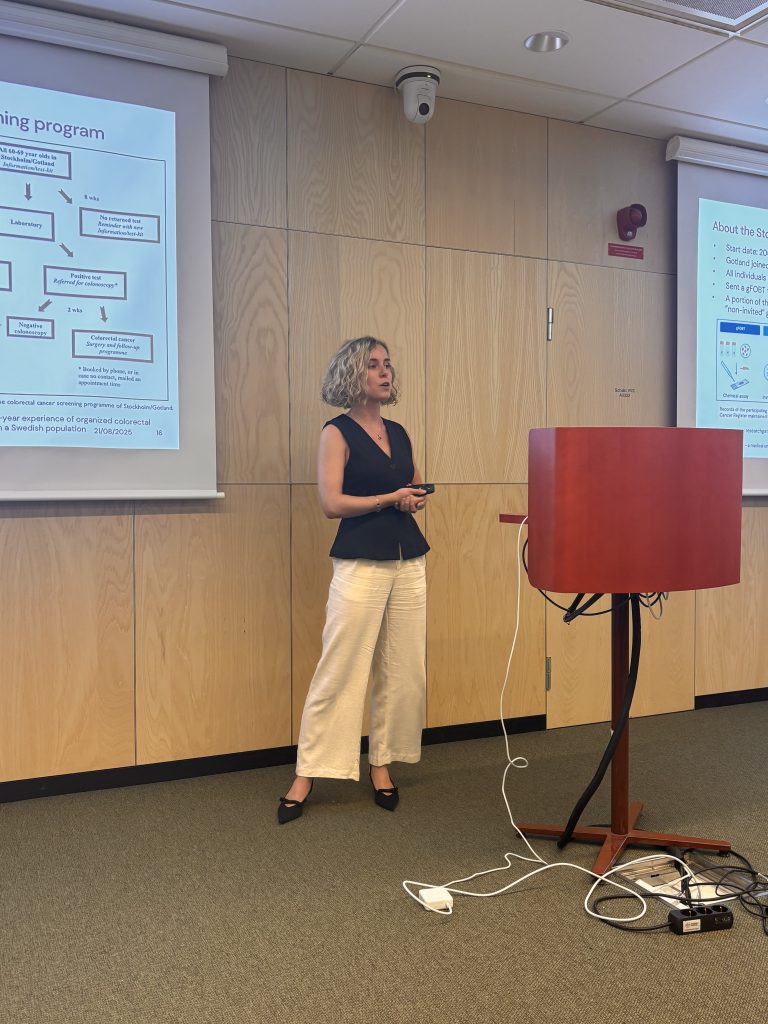
You get paid?!
Yes! All students who are accepted to the KI Summer School are paid in the form of a scholarship that (this year) amounted to around 17,500kr. So, not only are you gaining an excellent learning opportunity within a research team, you are also being paid to do so.
Final reflections
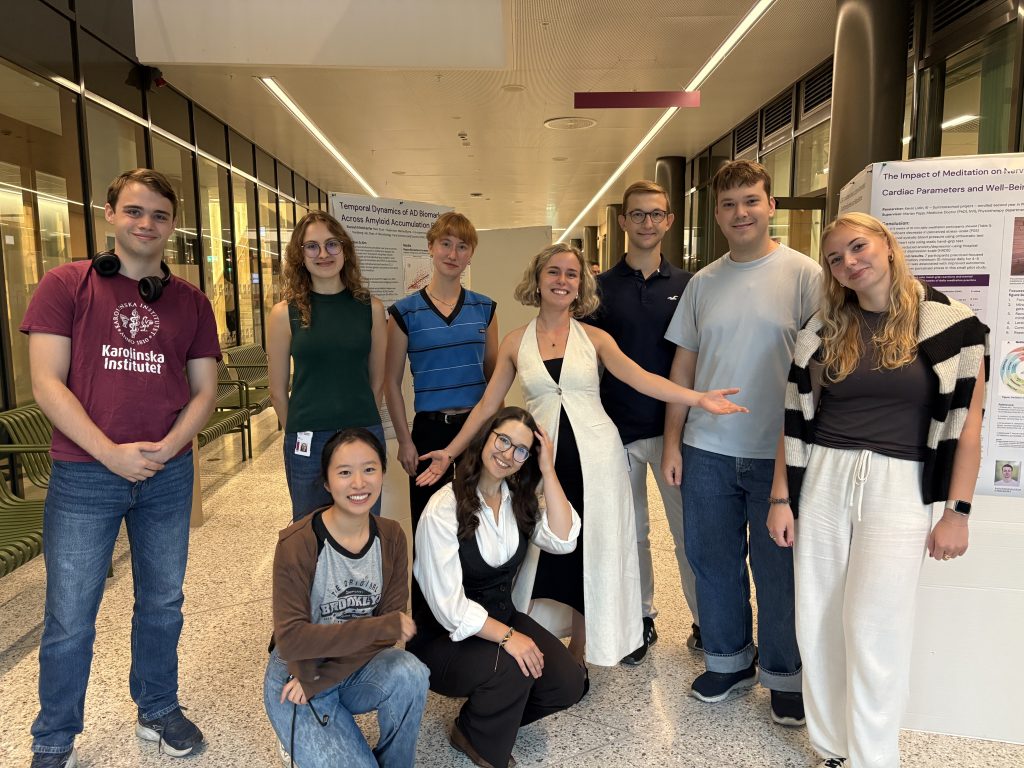
Overall, I am so happy I participated in this summer school. Not only have I gained research skills and insights into clinical studies, but I also got to connect with fellow students from across KI. On top of that, since I got along well with my supervisor we’ll even be discussing the opportunity of continuing to work with his team throughout the course of the year.
To wrap it up, here’s some cool projects from KISS 2025! Congratulations to everyone!
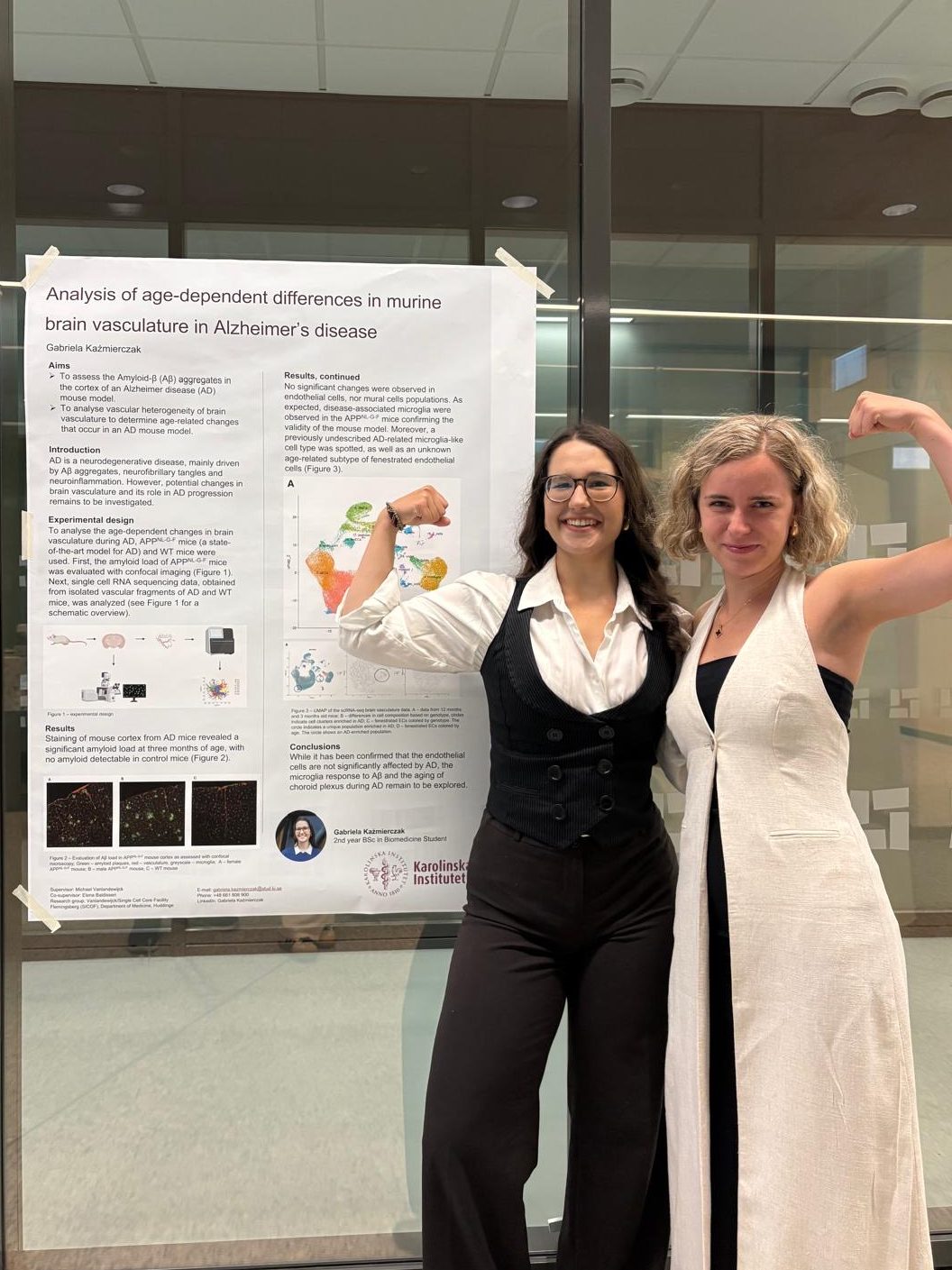
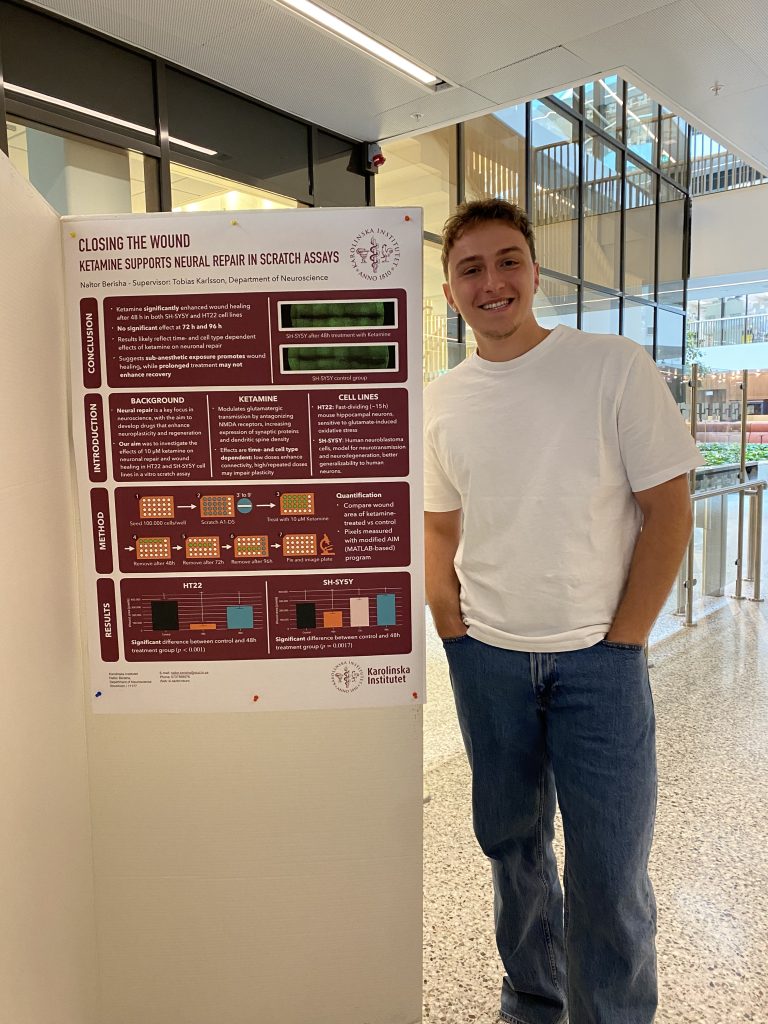
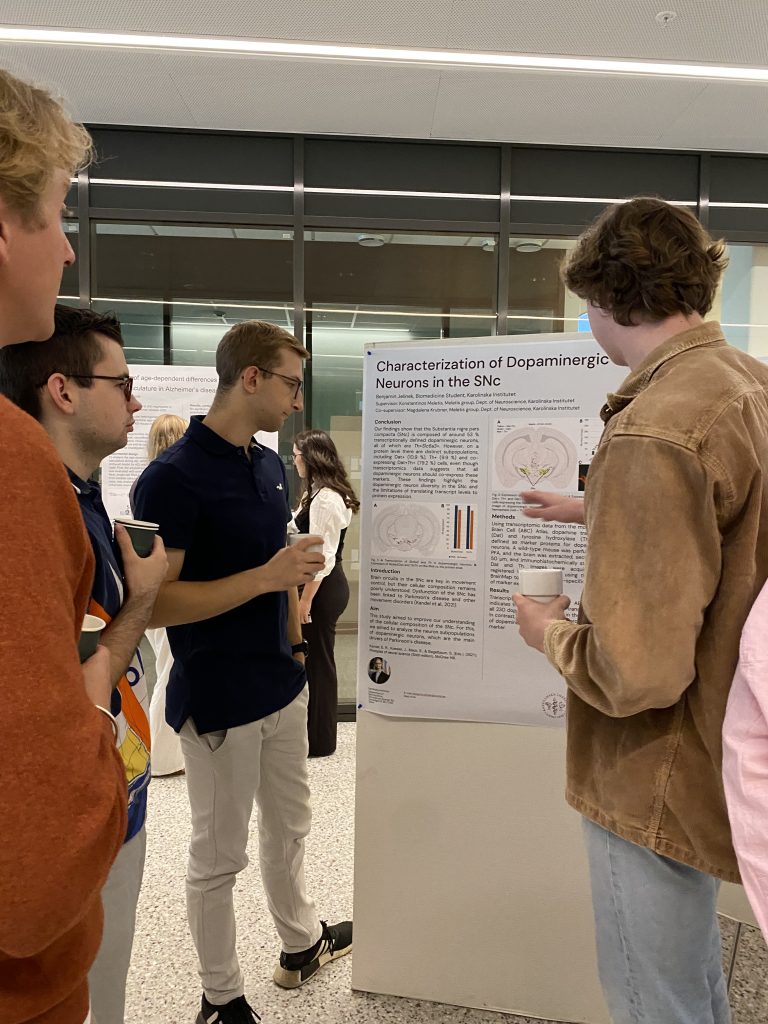
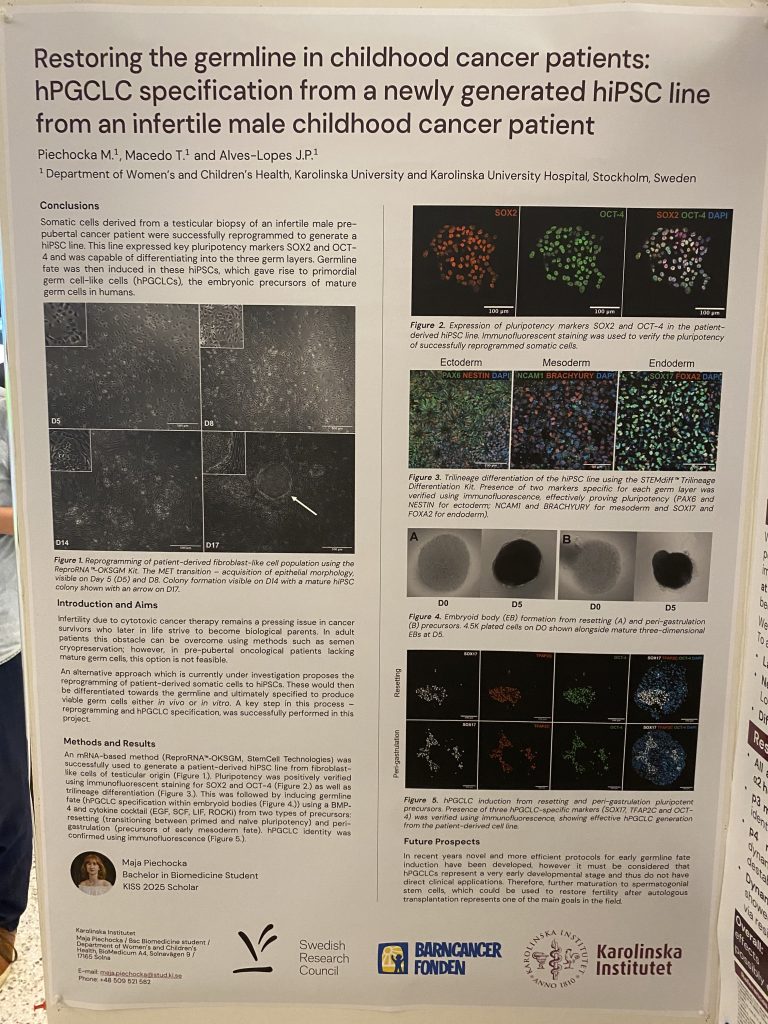
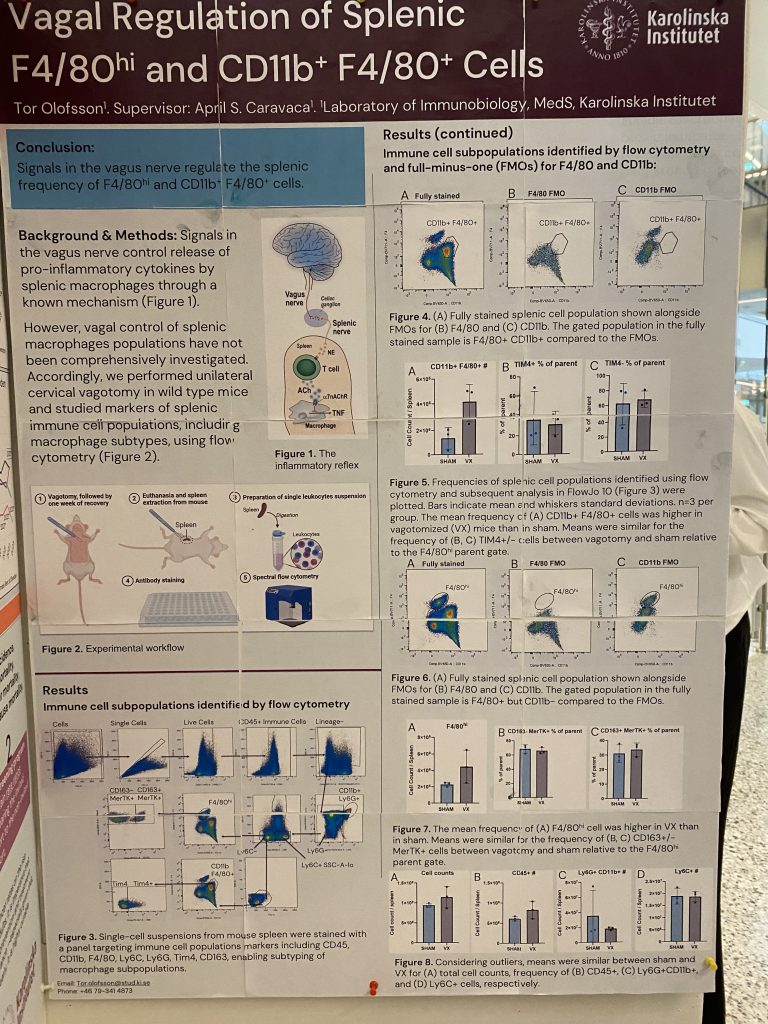
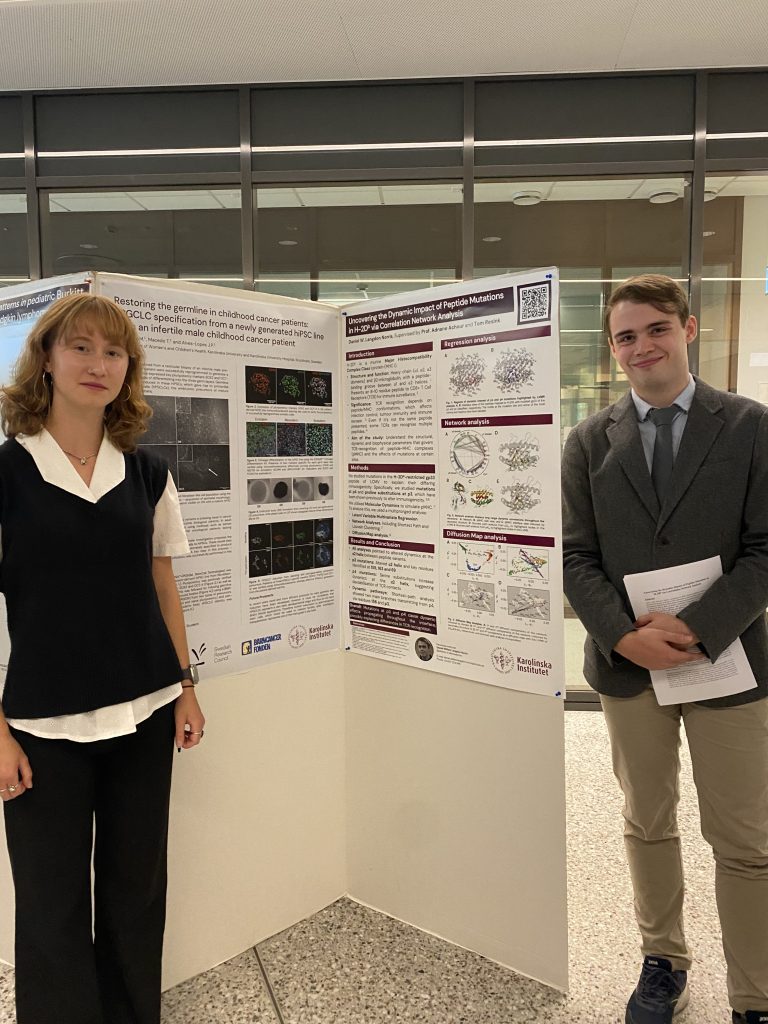
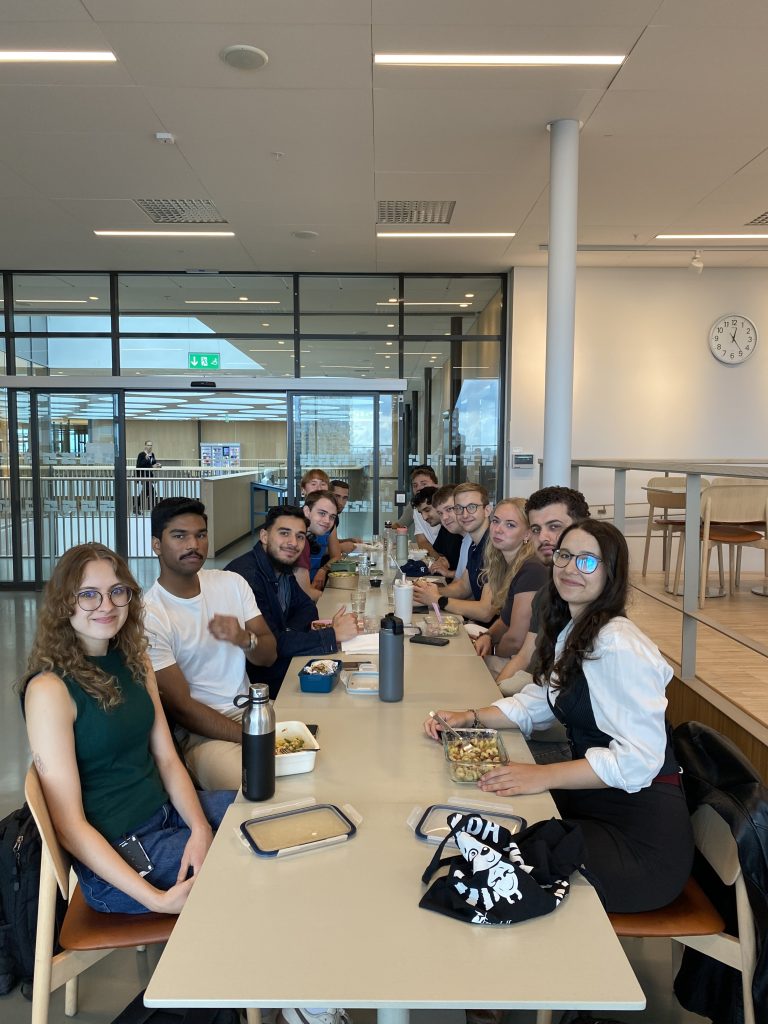
Great research, and great people. Will you be a part of this next year?
Julia - Biomedicine (BSc)
Hi, I’m Julia from Slovenia! I’m excited to share my experience as a KI student. When I first learned about the Bachelor's Programme in Biomedicine at KI, the university’s prestige and its academic and research excellence, I made it my goal to get in. Now that I’m a KI student, my new goal is to make the absolute most of everything KI and Stockholm have to offer — from education to student life. I hope to maintain a “say-yes-to-everything” mindset, learn Swedish as soon as possible, hunt for internships, meet new people, and have fun.

0 comments